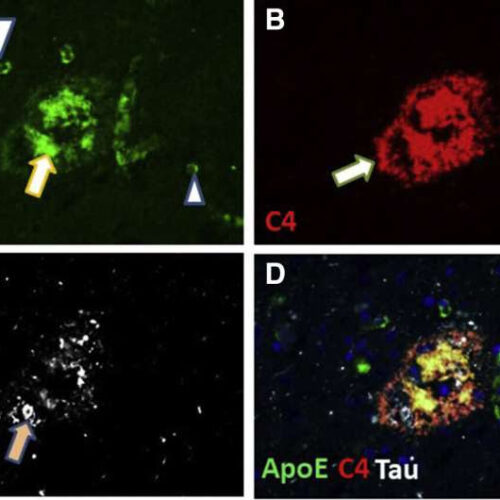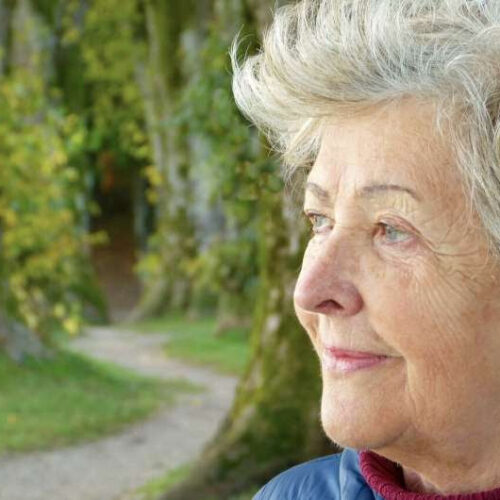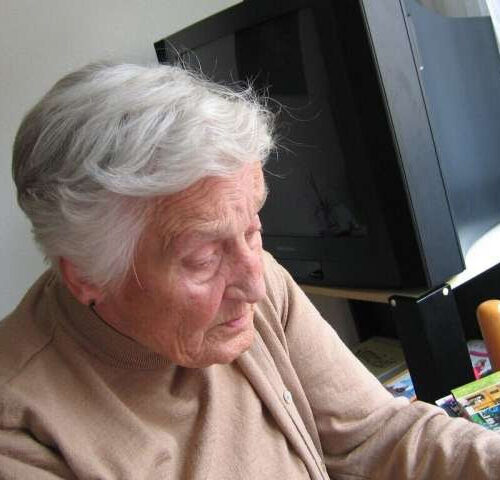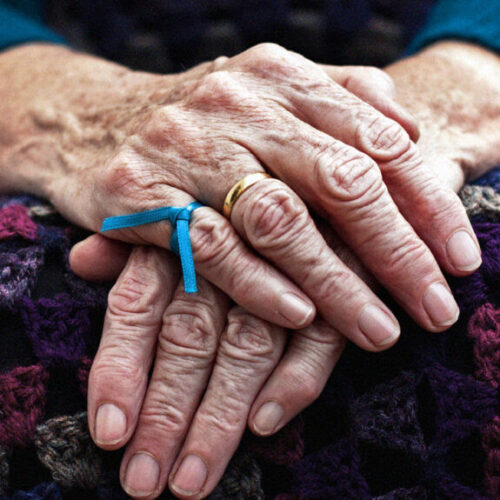By SHAUN WOOLLER HEALTH CORRESPONDENT PUBLISHED: 21:01 EST, 27 February 2022 | UPDATED: 03:36 EST, 28 February 2022 Staying fit into middle age can reduce the risk of developing Alzheimer’s disease by up to a third, a study suggests. Even small gains in heart and lung health can be hugely beneficial. Analysis of 649,605 people with an average age...
Tag: <span>Dementia</span>
Smartphone reminders can improve memory for older adults with dementia
Older adults with dementia or mild cognitive impairment sometimes struggle to remember daily tasks, including managing medications, shopping for groceries and tracking upcoming events, including birthdays, anniversaries or doctor appointments. In a recent study involving researchers at the University of Missouri and Baylor University, older adults with dementia or mild cognitive impairment were able to...
Bilateral oophorectomy could increase a woman’s risk for dementia
by The North American Menopause Society Credit: Pixabay/CC0 Public Domain Despite the advantage of an oophorectomy reducing the threat of ovarian cancer, it is not without risk. Removing the ovaries causes premature menopause and hormone disruption that can lead to heart disease, osteoporosis, depression, and other problems. A new study adds to the literature and...
Study now links non-mutated Apolipoprotein E to dementia in the aging brain
by Elsevier Immunofluorescence microscopy showing a single neuritic amyloid plaque with the localization of Apolipoprotein E (ApoE) (green; A), complement protein C4 (red; B), and Tau (white; C) proteins in amygdala. This is from an individual with the APOE ε3/3 genotype (Case 1068). In the depicted plaque-like structure, the ApoE signal is strongest in the...
Dementia-linked protein map yields potential for treatments
By mapping all the protein interactions of a dementia-linked protein in the brain called Tau, a team of Weill Cornell Medicine investigators has created a road map for identifying potential new treatment targets for Alzheimer’s disease and related dementia. Tau protein has long been implicated in neurodegenerative diseases. Mutations in the gene that encodes the Tau protein...
Seeing the same GP improves treatment for people with dementia, study finds
by University of Exeter Credit: CC0 Public Domain People with dementia who see the same GP each time have lower rates of health complications and fewer emergency hospital admissions, according to a new study. The research, led by the University of Exeter and published in the British Journal of General Practice (BJGP) analyzed more than 9,000patient records...
Dementia: how to prevent cognitive decline
by University of Montreal Credit: CC0 Public Domain Physical activity, nutrition and cognitively stimulating activities are all known to be good ways to prevent Alzheimer’s disease and dementia. And older adults at risk can access a variety of lifestyle services to that end, including diet regimes and exercises for their body and mind. Now an...
Dementia cases set to triple by 2050
New research predicts the global burden of dementia by 2050. Catherine MacBride/Stocksy Globally, about 153 million people will have dementia by 2050, according to a new study. Risk factors such as smoking, obesity, and high blood sugar could be responsible for almost 7 million of these cases. Estimated increases of dementia cases in the Middle...
Study may help clinicians use sleep brain wave patterns to diagnose dementia and other forms of cognitive impairment
MASSACHUSETTS GENERAL HOSPITAL BOSTON – Certain brain wave patterns that occur while an individual sleeps may be assessed by clinicians to help them diagnose dementia and other conditions related to memory, language, and thinking. A new study published in Sleep that was led by investigators at Massachusetts General Hospital (MGH) and Beth Israel Deaconess Medical Center (BIDMC) could...
Risk of overactive bladder associated with medications for dementia
by University of Houston Credit: Unsplash/CC0 Public Domain A study from the University of Houston College of Pharmacy, published in the Journal of the American Geriatrics Society, has evaluated the risk of overactive bladder (OAB) as a side effect of cholinesterase inhibitor (ChEI) drugs taken for dementia and Alzheimer’s disease. The research was based on the dissertation...







